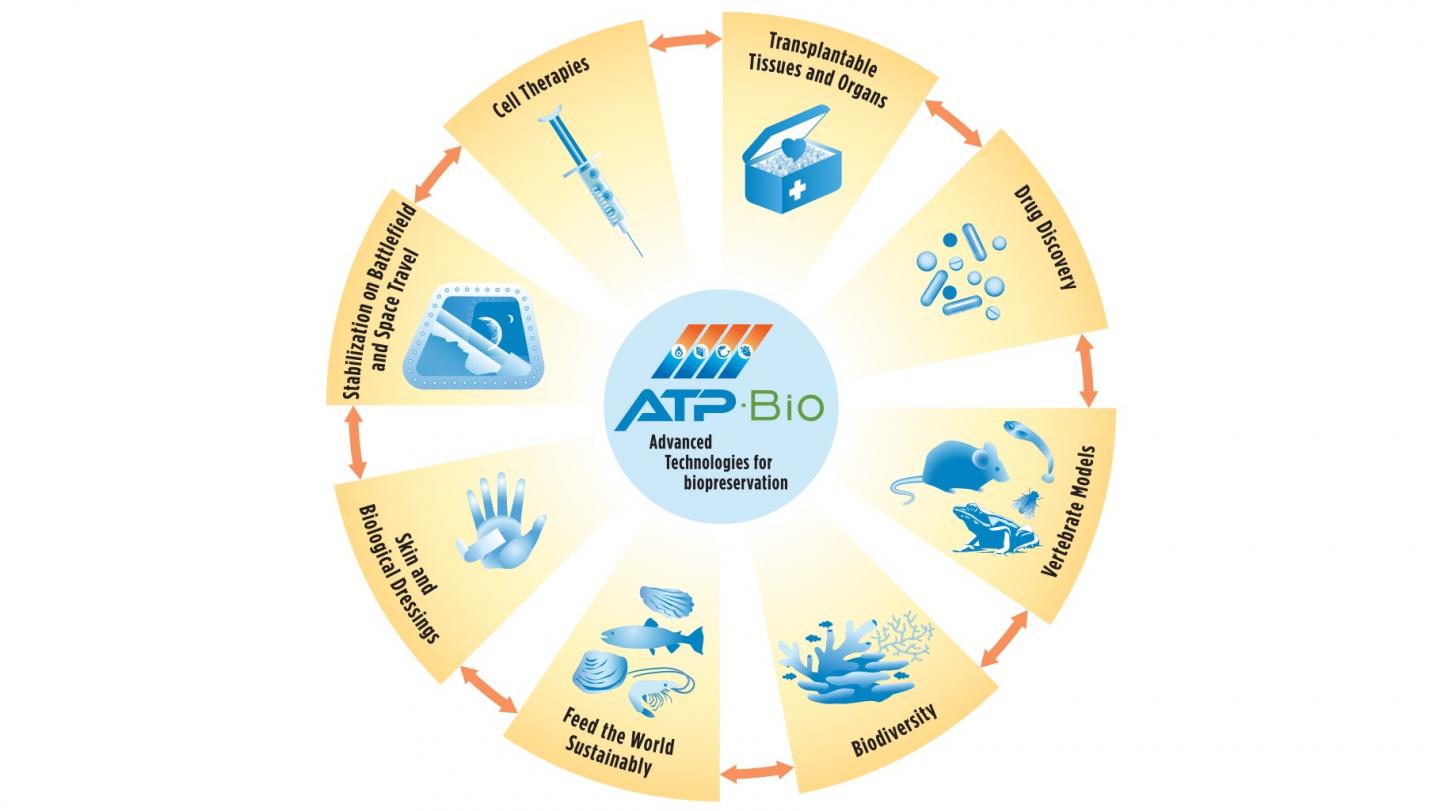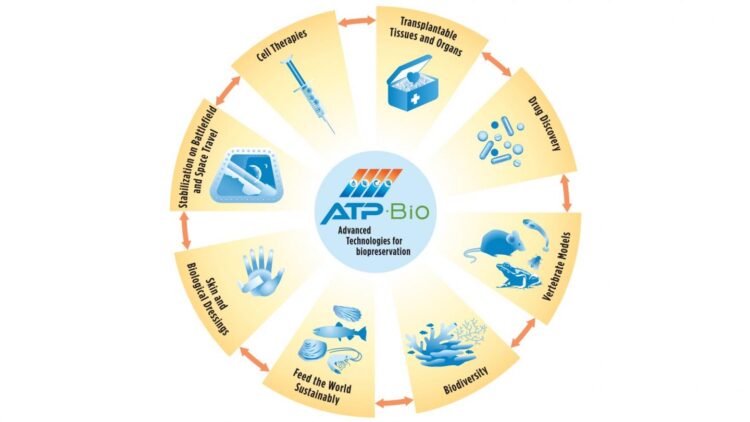ATP-Bio is co-led by the University of Minnesota Institute for Engineering in Medicine

Credit: University of Minnesota
The National Science Foundation awarded the University of Minnesota Institute for Engineering in Medicine and Massachusetts General Hospital’s Center for Engineering in Medicine and Surgery $26 million over five years to create the Engineering Research Center (ERC) for Advanced Technologies for the Preservation of Biological Systems (ATP-Bio).
ATP-Bio, which is the first ERC to be co-led by the U of M and Massachusetts General Hospital, aims to develop and deploy breakthrough bioengineering technology to preserve a wide range of biological systems: cells, tissues, organs and whole organisms. The administrative home will be at the U of M, with co-leadership from Massachusetts General Hospital and collaboration with core institutions of University of California Riverside, and University of California Berkeley.
“Through this center, we will strive to revolutionize transplantation and other cellular and biological therapies, as well as accelerate and shrink the cost of drug discovery and other vital medical research,” said John Bischof, director of ATP-Bio, director of the Institute for Engineering in Medicine and a professor of mechanical engineering and biomedical engineering in the College of Science and Engineering at the U of M.
“We also expect the work conducted through ATP-Bio to help feed the world sustainability and protect biodiversity through the preservation of thousands of aquatic species and protect against mass casualties by banking tissues,” said Mehmet Toner, deputy director of ATP-Bio, co-director of the Center for Engineering in Medicine and Surgery and a professor of surgery at Massachusetts General Hospital.
ATP-Bio also plans to make a significant societal impact through innovative educational programs and research, initiatives to increase the diversity of students and professionals in science, technology, engineering, and math (STEM) fields, a robust innovation ecosystem involving over 50 companies and organizations, and a team devoted to guiding the ethical development and deployment of ATP-Bio technologies.
“ATP-Bio will take the lead on expanding STEM career pathways and fostering diversity in the biopreservation workforce to support these new preservation technologies within academia and global industries,” said Gillian Roehrig, the leader of ATP-Bio’s efforts toward developing today’s and tomorrow’s STEM workforce and professor of curriculum and instruction in the College of Education and Human Development at the U of M.
“For the last 35 years, engineering research centers have helped shape science and technology in the United States by fostering innovation and collaboration among industry, universities and government agencies,” said NSF Director Dr. Sethuraman Panchanathan. “As we kick off a new generation of centers, NSF will continue to work with its partners to ensure the success of these collaborative enterprises and the transformative, convergent research impact they produce.”
The award, which is renewable in 2025 for another five years, includes principal investigators John Bischof and Gillian Roehrig from the U of M, Mehmet Toner from Massachusetts General Hospital, Guillermo Aguilar from the University of California Riverside, and Kevin Healy from the University of California Berkeley, with the participation of 30 senior personnel from seven institutions across the U.S. and Canada. The interdisciplinary U of M team is affiliated with the Institute for Engineering in Medicine, the College of Science and Engineering, the Medical School, the Carlson School of Management, the College of Education and Human Development, the Law School, and the Office of the Vice President for Research.
###
Learn more about ATP-Bio by reading this Fact Sheet.
About the Institute for Engineering in Medicine
The University of Minnesota’s Institute for Engineering in Medicine (IEM) promotes innovative, collaborative research between health scientists, clinicians, physical scientists and engineers, and members of the local biomedical industry to forge new discoveries and improve human health. IEM-sponsored research and educational programs cover basic scientific discovery, translational research, initial patient care research, commercialization, and widespread application.
About Massachusetts General Hospital’s Center for Engineering in Medicine and Surgery
The Center for Engineering in Medicine and Surgery (CEMS) at Massachusetts General Hospital aims to bring the principles and tools of biomedical engineering to the forefront of biomedical research and patient care through cutting-edge research and the training of MDs, PhDs, and predoctoral students. The faculty at CEMS is comprised of 17 talented individuals with a wide diversity of interests and skills ranging from molecular biology and biochemistry to engineering design and analysis.
About National Science Foundation
The U.S. National Science Foundation propels the nation forward by advancing fundamental research in all fields of science and engineering. NSF supports research and people by providing facilities, instruments and funding to support their ingenuity and sustain the U.S. as a global leader in research and innovation. With a fiscal year 2020 budget of $8.3 billion, NSF funds reach all 50 states through grants to nearly 2,000 colleges, universities and institutions. Each year, NSF receives more than 40,000 competitive proposals and makes about 11,000 new awards. Those awards include support for cooperative research with industry, Arctic and Antarctic research and operations, and U.S. participation in international scientific efforts.
Media Contact
Katrinna Dodge
[email protected]
Original Source
https:/





